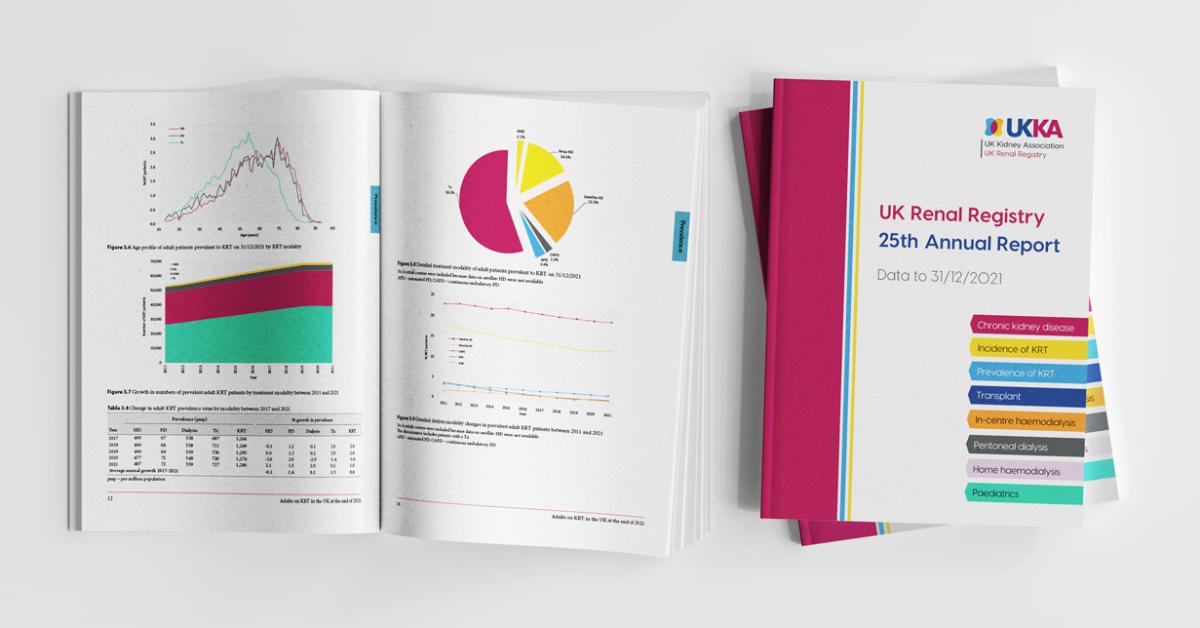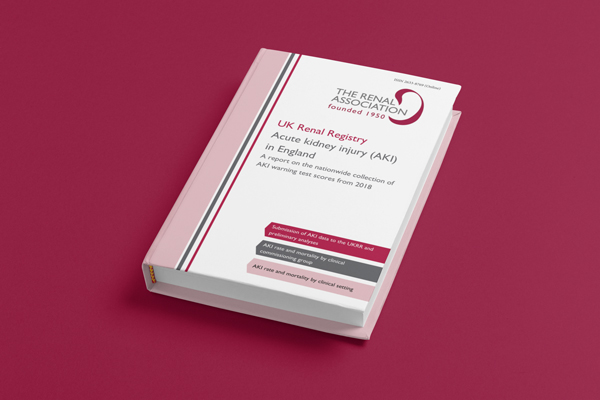Calcium, phosphate and bones
Disturbances of calcium and phosphate metabolism arise in moderate to severe CKD (i.e. usually CKD stages G4 and G5). The umbrella term for these abnormalities is CKD-Mineral Bone Disorder (CKD-MBD). CKD-MBD should be thought of as a systemic disorder which is strongly linked to cardiovascular disease and mortality. The key drivers of CKD-MBD are phosphate retention (due to reduced renal clearance), disordered Vitamin D metabolism and the consequent secondary hyperparathyroidism.
Detailed guidance on the management of CKD-MBD is outside the scope of this guidance. Further information can be found in the Renal Association CKD-MBD Guideline.
Treatment options which are frequently used for these patients include:
- Dietary phosphate restriction
- Phosphate binders (to minimise dietary phosphate absorption)
- 1α(OH) vitamin D (sometimes called activated vitamin D)
The goals of therapy in terms of target calcium, phosphate and PTH concentrations, vary with CKD stage. Many renal units have local protocols for the management of CKD-MBD.
Information for patients
Chronic kidney disease affects the body’s ability to handle calcium and phosphate. This, in turn, can lead to problems with your heart, blood vessels and bones. There are a number of different treatment approaches which vary between patients. Options available for treatment include advice on altering your diet, a variety of tablets and, in certain cases, surgery.



